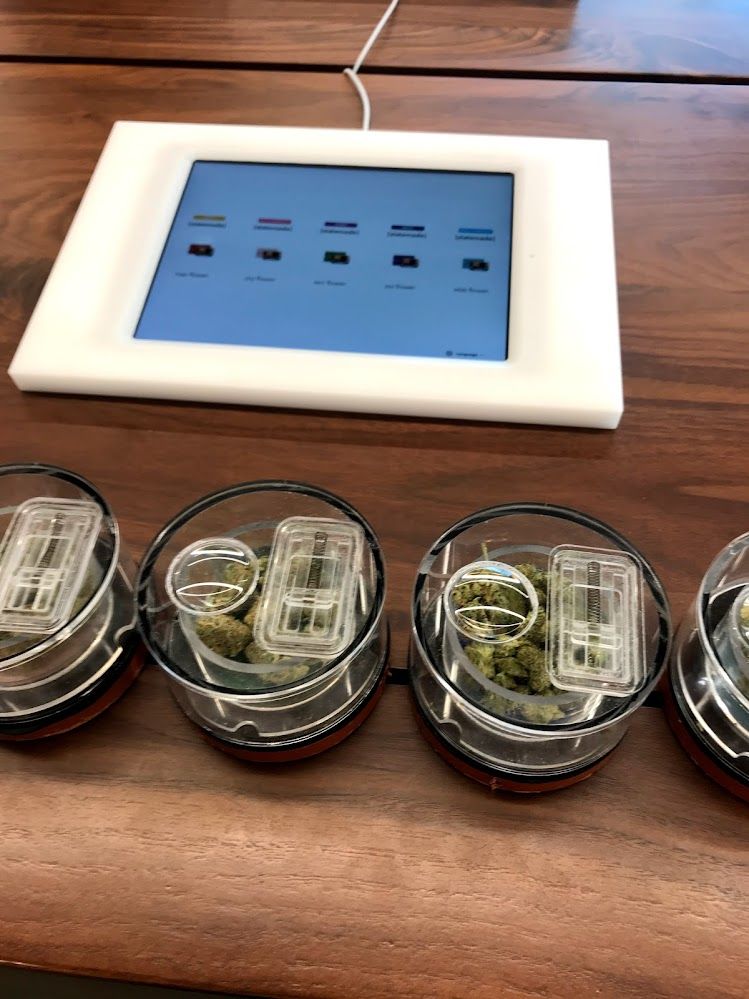Ask anyone in cannabis: automation sounds great in theory. Fewer errors, more efficiency, better margins. And with artificial intelligence now baked into everything from customer service bots to precision farming software, the question isn’t if AI will play a major role in cannabis—it’s how far it will go. So here’s the real question: is the cannabis industry truly ready for full AI automation?
Let’s start with what’s already happening. In cultivation, AI-powered systems are revolutionizing how plants are grown. Sensors track everything—humidity, temperature, nutrient levels—and feed that data into machine learning models that adjust conditions in real time. Want to predict the best harvest window? Spot mold or nutrient deficiencies before they ruin your crop? There’s an algorithm for that.
Retail is no different. Smart kiosks are popping up in dispensaries, acting like digital budtenders who never need a break. Behind the scenes, AI tools help dispensaries manage inventory, recommend products, and forecast trends based on consumer data. It’s fast, data-driven, and scalable—especially for multi-state operators juggling dozens of stores.
On paper, it sounds like a dream. But full automation? That’s a bigger leap.
Here’s where things get complicated: cannabis is still one of the most heavily regulated—and inconsistently regulated—industries in the country. Every state has its own rulebook. Sometimes, even counties and cities within the same state don’t agree. So training AI systems to stay compliant across such a fragmented legal landscape? Not exactly plug-and-play.
Then there’s the cost. AI platforms don’t come cheap. Whether it’s smart grow room infrastructure or enterprise-grade retail software, the investment can be steep. Big operators might have the capital, but smaller players—often the backbone of the industry—may struggle to keep up. The risk? Widening the gap between corporate cannabis and community-rooted businesses.
Ethical considerations add another wrinkle. Many cannabis companies pride themselves on being people-first. Automation threatens to chip away at that identity—especially when jobs are on the line. In states with social equity goals baked into licensing, how does replacing staff with software help underserved communities? It’s a conversation that’s just getting started.
Data privacy is also front and center. AI thrives on data—especially personalized consumer info. But with medical marijuana patients and health-related purchases in the mix, operators need to tread carefully. Regulations like HIPAA, plus state-specific data laws, make this a high-stakes area for automation.
That doesn’t mean cannabis can’t embrace AI. In fact, many already are—just not all at once. Most are taking a phased approach: automating the processes that are easiest to scale or where ROI is clear, like environmental control, POS systems, or logistics optimization.
So, are we ready for full AI automation? Not quite. The tech is largely there—but the infrastructure, regulation, and industry values are still catching up.
In the end, cannabis businesses don’t just need smart tools. They need smart strategies. Automation can’t just be about replacing people or speeding things up—it has to serve the bigger picture. Because in cannabis, tech isn’t just driving growth—it’s helping define what kind of industry this becomes.

